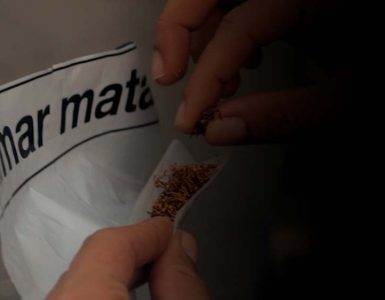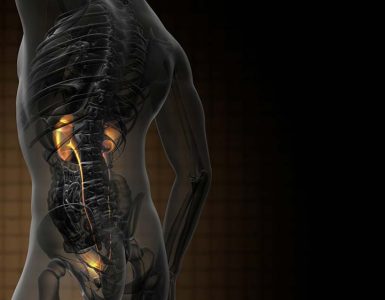“Breast cancer refers to cancer originating from breast tissue, mainly the inner lining of milk ducts or the lobules that supply the ducts with milk,” said Nandaki Nag Kanuri, lead author of a research paper published in American Journal of Biochemistry and Molecular Biology.
Breast cancer is an emerging health problem in developing countries such as India. Breast cancer is the second most devastating type of non-skin cancer after lung cancer. The fifth leading cause of cancer death results in high mortality and morbidity rates, particularly among young women. Conventional therapies like surgery, radiation therapy, and chemotherapy are extensively used treatment strategies to fight off cancer, but most patients develop resistance, and the disease is relapsing.
A group of researchers at the KIMS Foundation and Research center, Telangana, India, demonstrated Curcumin, which is derived from the East Indian plant Curcuma longa’s rhizome. Curcumin is the principal constituent of spice that has been extensively used in Ayurvedic medicine for its antioxidant, antiseptic, analgesic, antimalarial and anti-inflammatory properties. The present study investigated curcumin along with the γ-irradiation effect on two different breast cancer cell lines, said Nandaki Nag Kanuri.
The study was carried out from June 2012 to May 2014 at KIMS Foundation and Research Center, Secunderabad. MDA-MB-231 and MCF-7 cell was irradiated with gamma rays prior to the curcumin treatment. A 3-(4, 5-Dimethylthiazol-2-yl)-2, 5-diphenyltetrazolium bromide (MTT) assay, clonogenic assays, and wound healing assays were performed.
“The findings of our study exhibited that curcumin blocks this signaling pathway and potentiates the anti-tumor effects of radiotherapy. The fact that curcumin can achieve efficient radiosensitizing effects without any toxicity makes its development an important goal to standard radiotherapy. Curcumin inhibited growth, proliferation, and post-irradiation clonogenic survival of these cell lines”, said Nandaki Nag Kanuri.
In summary, curcumin and a lower dose (8Gy) of radiation acted as the best combinatorial drug treatment for breast cancer cell lines. These findings will provide a rationale for further clinical/preclinical analysis of combination treatments with a lower dose and fewer side effects in breast cancer.
















Great to know this page, truly enriched.